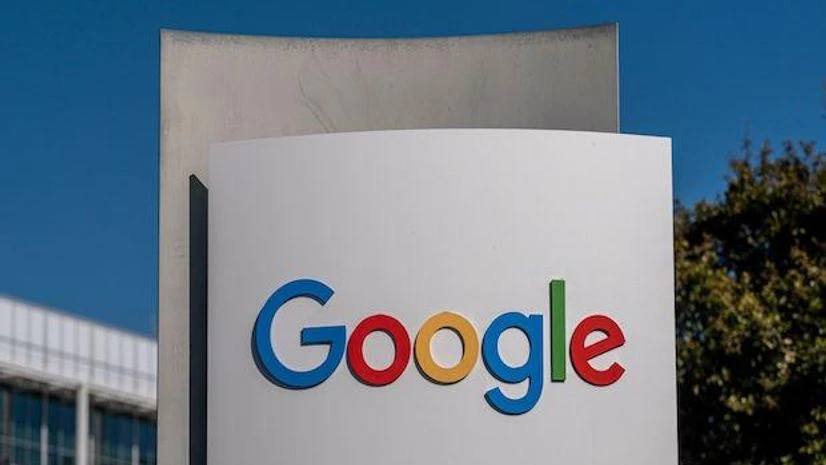Google on Friday said it has approached the National Company Law Appellate Tribunal (NCLAT) to appeal the Competition Commission of India's (CCI) decision to penalise the tech giant Rs 1,338 crore for abusing its dominant position in multiple markets in the Android mobile device ecosystem.
In a statement to IANS, Google said it has decided to appeal the CCI's decision on Android as "we believe it presents a major setback for our Indian users and businesses who trust Android's security features, and potentially raising the cost of mobile devices".
"Android has greatly benefitted Indian users, developers, and OEMs, and powered India's digital transformation. We look forward to making our case and remain committed to our users and partners," a Google spokesperson said.
In October, the Indian anti-competition watchdog also slapped its second penalty on Google -- this time to the tune of around $113 million (Rs 936 crore) -- for abusing its dominant position with respect to its Play Store policies.
The CCI directed Google to cease and desist from indulging in anti-competitive practices.
Also Read
Google strongly disagreed with the CCI's decision, saying it is taking all appropriate legal steps to defend the Android business model in the country.
Google is optimistic that the "NCLAT will take full account of the evidence on record and the tremendous contribution that Android has made to the massive growth and prosperity of the mobile ecosystem in India".
Android has created more choice for everyone, and supports thousands of successful businesses in India and around the world, according to the company.
The appellate tribunal will take into account "this irreparable harm Android stakeholders will face if a stay is not granted pending the outcome of the appeal", according to the company.
Not just Google, but even some Indian phone manufacturers disagree with the CCI's remedies, given its obvious adverse implications.
India is Google's largest market by users.
--IANS
na/svn/
(Only the headline and picture of this report may have been reworked by the Business Standard staff; the rest of the content is auto-generated from a syndicated feed.)

)
